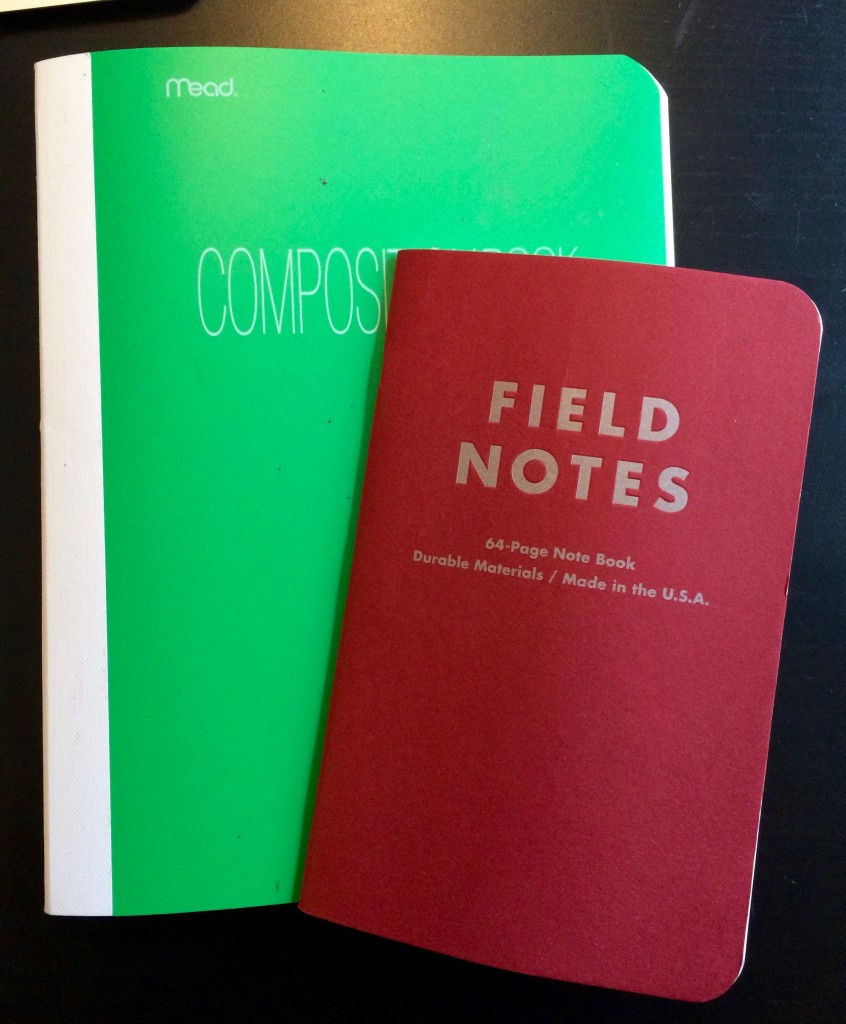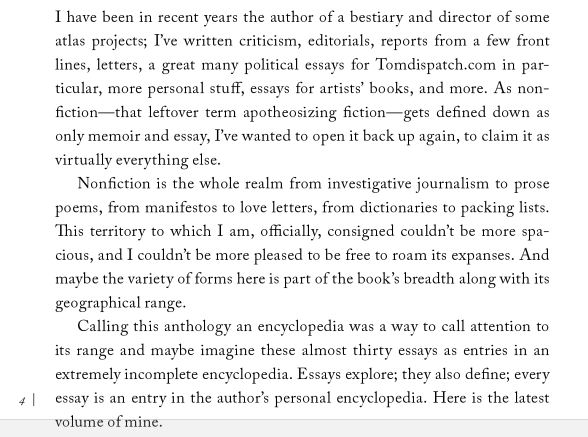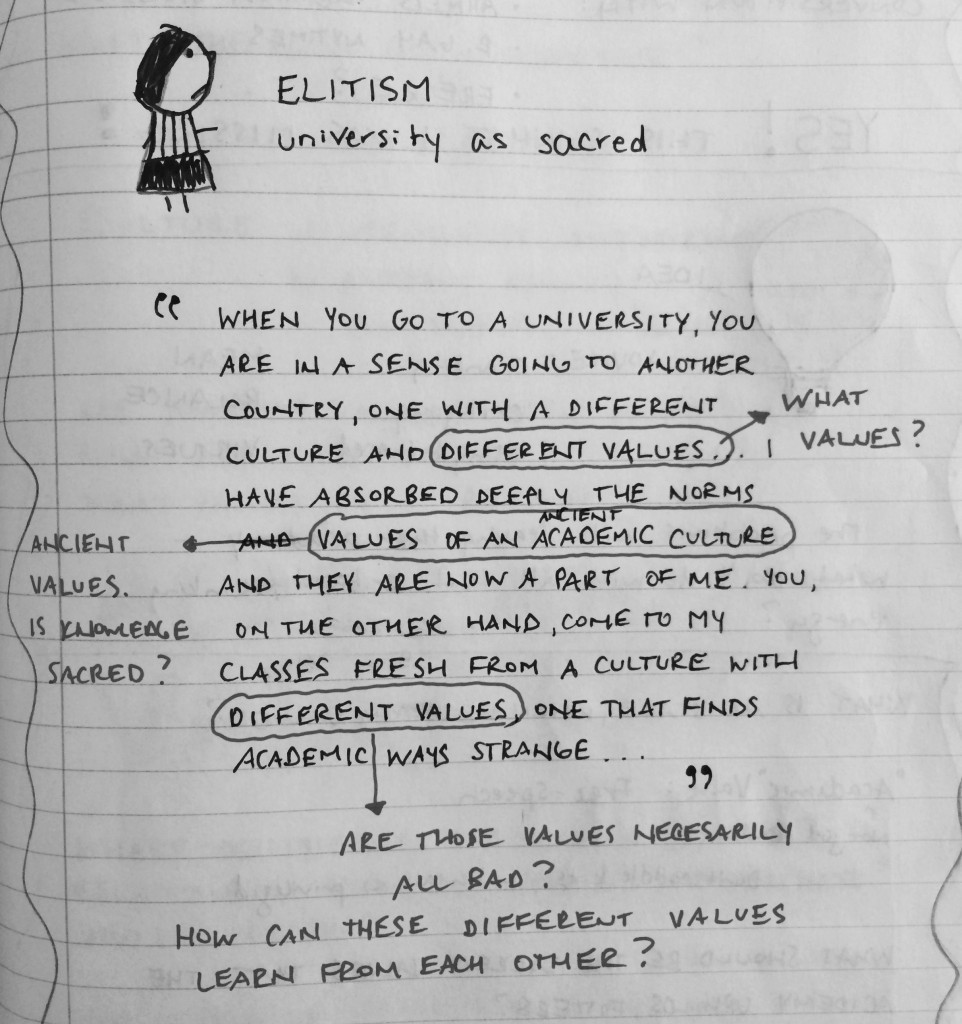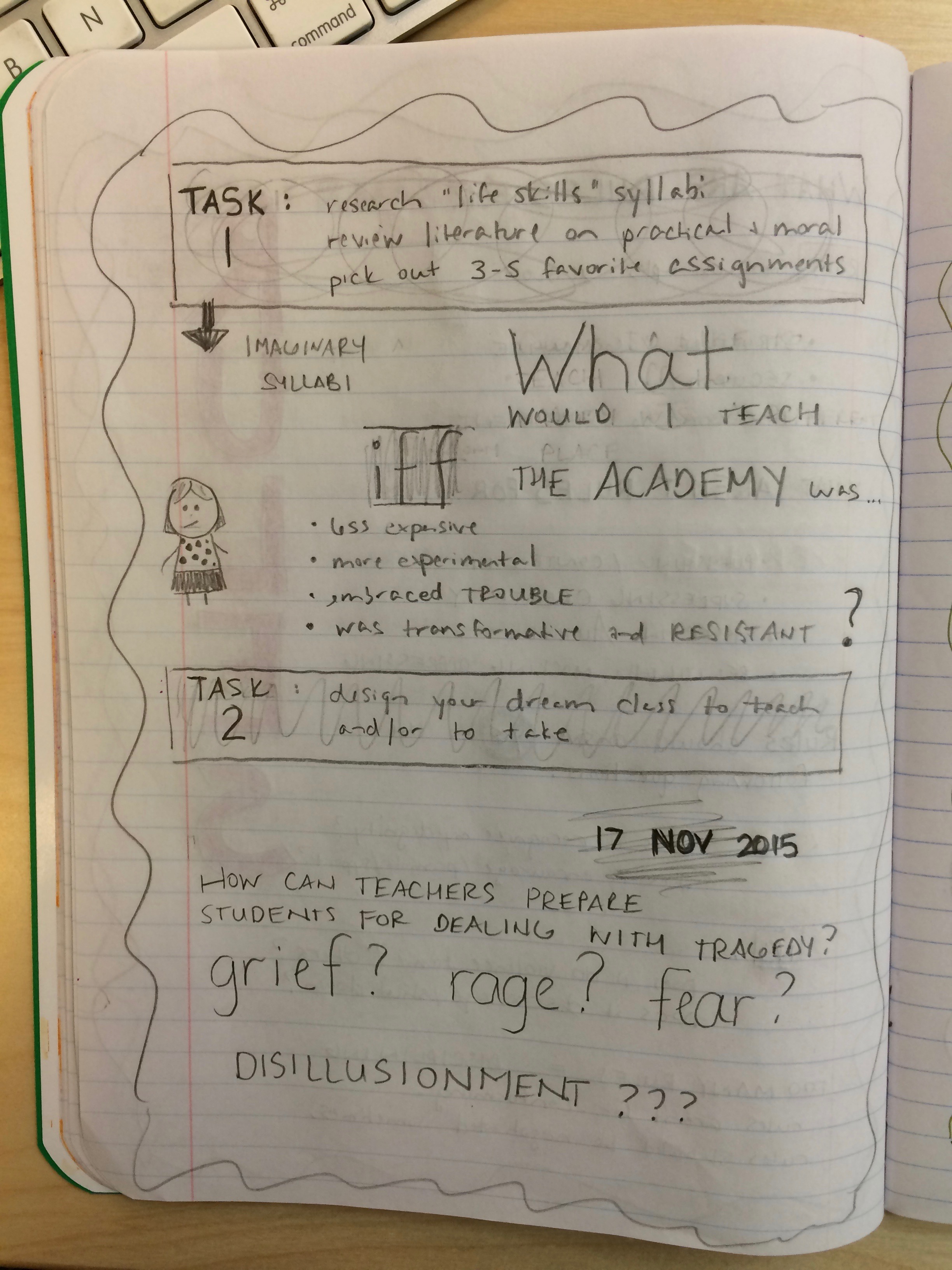My Holiday Notebooks
This morning I decided to review my notes in my green notebook. All 41 pages of them. I figured that it was time to assess my various musings and start working on more concrete plans for how to do this project. Because it seemed easier to write down my review notes somewhere else, I picked out another, smaller notebook for recording my review notes. This review notebook just happened to be red.
Playing with Format: a teaching portfolio?
In the midst of reading through the notes, I had a glimmer of an idea about how my current project, which is about my past, present, future life as a teacher, could serve as a companion to my first book project, which was about my past life as a student. In the project about my student life, I played with the idea of a student transcript. What if I played with the idea of a teaching portfolio in this second project about my teaching life? What would that look like?
Similar to my first project in which I didn’t “properly” mimic the format of a transcript, I’m not interested in strictly following the format of a standard teaching portfolio. Instead, I want to critically and creatively (and playfully) experiment with it. As I spend more time trying to figure out what that means, here are a few sources to consider:
Teacher/Student/Parent…Person
Throughout this project, I’ve been struggling with my (sometimes competing) roles as a teacher, parent, student and person. How do these different roles/identities work together and/or against each other? Early this morning, I jotted down in my green notebook, “I can’t multi-task!” Far from seeing this statement as a declaration of failure, I see it as an opportunity to ruminate on my life as a parent who is a teacher who is a student who is always a person, but who has difficultly being all at once. How do I put these roles beside each other? When I first wrote this paragraph, I only included teacher, student and parent, but I realized that I, and the others who see me inhabiting/performing these different roles, also struggle to remember that I am a person too.
Role Models
I’m continuing to think through the differences between role models, teachers, mentors and advisors. With that question in mind, I came across John Waters’ 2010 book, Role Models. Will it be helpful? Does it matter…Waters is fun to read.




